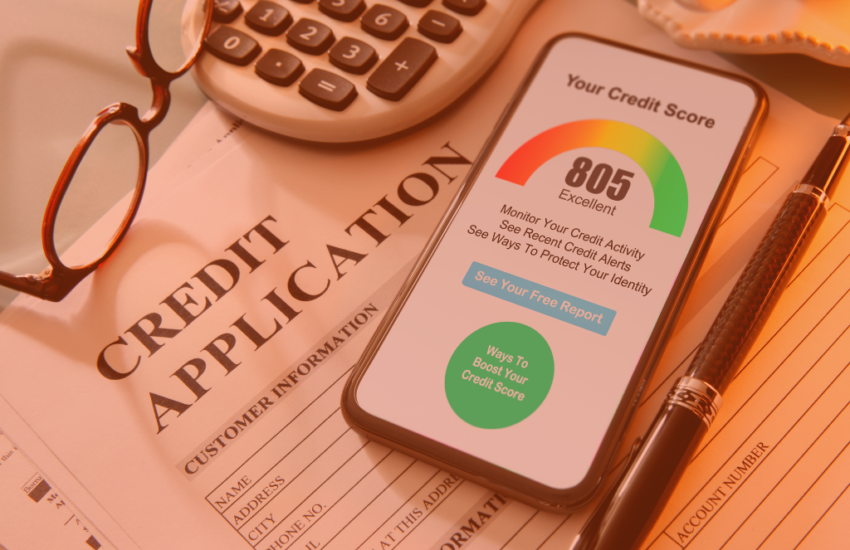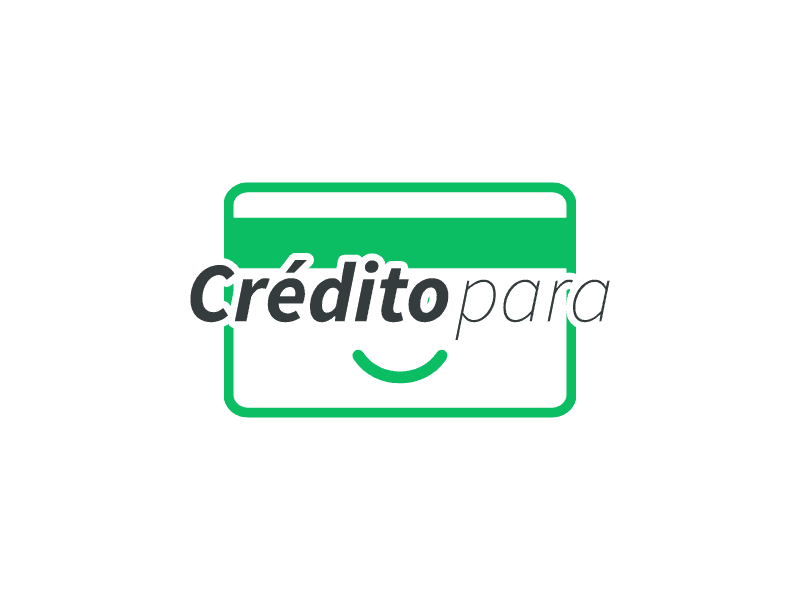Struggling with a heavy financial burden can be overwhelming. If you want to reduce debt and enhance your credit score in the USA, understanding effective strategies is crucial for regaining financial freedom.
Anúncios
In this blog post, we explore five effective methods to cut down your debt and boost your credit score. Whether you’re aiming to reduce existing debts or build a strong financial foundation, this guide will provide valuable insights to help you achieve your goals.
Understanding your financial standing

Before starting your journey to reduce debt and enhance your credit score, it’s essential to understand your current financial status. Begin by reviewing your credit report from the three major credit bureaus: Experian, TransUnion, and Equifax. This will give you a clear picture of your creditworthiness and highlight any errors that need correction.
Anúncios
Next, assess your overall debt situation. Make a list of all your debts, including credit cards, student loans, mortgages, and personal loans, along with interest rates and minimum payments for each debt. Understanding your financial standing helps you develop a targeted plan to pay down debt and boost your credit score.
Analyze and correct errors
Once you have your credit report, scrutinize it for inaccuracies. Errors can range from simple clerical mistakes to more serious issues like fraudulent accounts, and they can negatively impact your credit score. If you find discrepancies, dispute them immediately.
The Fair Credit Reporting Act entitles you to dispute inaccuracies, and the credit bureaus are required to investigate and correct errors typically within 30 days. Efficiently addressing these errors can quickly boost your credit score, setting you on the path to a healthier financial future.
Assess your financial habits
Reviewing your spending habits is equally important. Create a detailed budget that outlines your monthly income and expenditures. Categorize your spending and identify areas where you can cut costs. Regularly tracking your spending habits helps you stay within your budget and avoid accumulating unnecessary debt.
Simple changes, like dining out less frequently or canceling unused subscriptions, can free up money to pay down debt. Transforming your financial habits requires discipline but is vital in reducing debt and building a stronger credit score.
Debt repayment strategies
With a solid understanding of your financial standing and improved financial habits, you can implement debt repayment strategies. Common methods include the debt snowball method, the debt avalanche method, and debt consolidation.
Each technique offers different benefits and can be tailored to your specific situation. Successfully implementing a debt repayment strategy requires commitment and focus. Stick to your plan, and you’ll gradually see your debt decrease and your credit score improve.
The debt snowball method
The debt snowball method involves paying off your smallest debt first while making minimum payments on larger debts. Once the smallest debt is paid off, you move on to the next smallest. This approach provides psychological benefits by rewarding you with quick wins, helping you stay focused and committed to your overall debt reduction plan.
The debt avalanche method
The debt avalanche method focuses on paying off debts with the highest interest rates first. By tackling high-interest debt, you save more money in the long run as you reduce the amount of interest paid over time. Start by listing your debts from highest to lowest interest rate.
Allocate extra payments toward the highest interest debt while continuing to make minimum payments on other debts. This method may take longer to see progress compared to the snowball method, but the financial savings make it an attractive option.
Improving your credit score
While reducing your debt is vital, improving your credit score is equally important. Your credit score affects your ability to secure loans, credit cards, and even housing opportunities. A higher score opens doors to better financial opportunities. Focus on strategies that will have a long-term positive impact on your credit score, including developing responsible credit habits and understanding the factors that influence your score.
Make timely payments
One of the most critical factors in boosting your credit score is making timely payments. Payment history makes up a significant portion of your score, and even one missed payment can negatively impact it. Set up reminders or automate payments to ensure you never miss a due date. Making on-time payments demonstrates financial responsibility and significantly contributes to credit score improvement.
Utilize credit wisely
Using credit responsibly involves keeping your credit utilization rate low, which is the ratio of your credit card balances to your credit limit. Aim to use less than 30% of your available credit limit across all your credit accounts.
This shows lenders that you can manage credit responsibly without maxing out your cards. Additionally, avoid closing old credit accounts, as the age of your credit history impacts your score. Keeping older accounts open can positively influence your credit age and utilization ratio over time.
Embarking on a journey to reduce debt and improve your credit score in the USA requires dedication and strategic planning. By understanding your financial situation, adopting effective repayment strategies, and developing responsible credit habits, you can achieve financial stability and unlock numerous opportunities for a brighter future.
